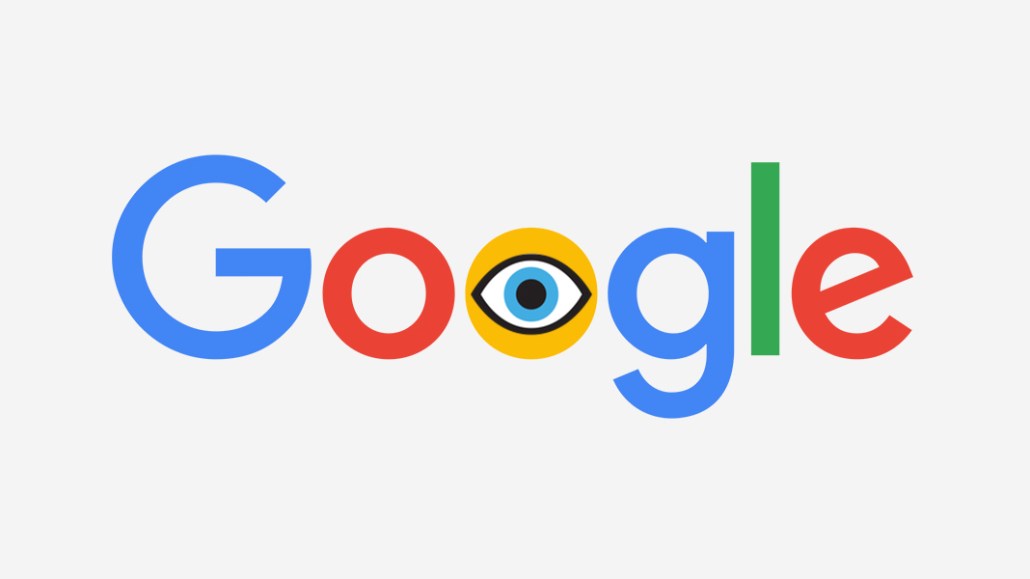Secure your place at the Digiday Media Buying Summit in Nashville, March 2-4

Google was hit today with record fines of €2.4 billion ($2.7 billion) from the European Union for allegedly abusing its market power by favoring its shopping service over other comparison sites. The search giant has 90 days to change its product to comply with EU antitrust rules. But an appeal seems likely: Google has already assigned a law firm to the case and has stated it disagrees with the ruling.
At first glance, this ruling is a win for Google’s price-comparison site competitors that complained some seven years ago. Thirty companies have filed complaints, 19 of which are included in the formal case, according to a Reuters report. Here’s a look at the other winners and losers of the decision.
Winners:
Google’s competitors
The ruling sets a precedent for other competitors within maps, travel and other sectors to potentially launch their own complaints. The bulk of Google’s revenue comes from search, which funds the company’s other services. Businesses have concerns about Google’s power in the market beyond just search, so this case could have wide-reaching implications.
As the complaints to the European Commission have continued, Google competitors outside of shopping have had an opportunity to air theirs as well. News Corp, Getty Images and Oracle, to name a few, have penned a letter to the EU this week about the case. For European businesses, this looks like a blow to weaken the duopoly.
Individual shoppers
In theory, more competition in a marketplace is better for shoppers. “More competition in the comparison sites’ shopping market might lead to more innovation, more choice and better prices,” said Oliver Fairhurst, an associate at law firm Lewis Silkin.
“There are lots of good results from competition, and more access for competing comparison services to Google’s search platform could be a boon for consumers,” he added.
European Union member states
The European Commission has stated the money from the fine will be directed to the EU member states, possibly reducing the amount of tax the member states would pay. This would provide some timely financial relief, with the prospect of the U.K.’s departure leaving some holes in the bank.
Losers:
Market-dominating companies
Google’s fine is the latest in a string of antitrust cases from Europe’s competition commissioner Margrethe Vestager, which could concern other market-dominating companies that they could receive similar treatment. Brussels has been accused of alleged bias against American companies in the past, even though a number of U.S. companies are among those complaining about Google’s market power to the EU.
Amazon has been singled out, not just by Google, for being another possible abuser of market share. However, Amazon is in a better position despite being a market leader, said Fairhurst, partly because market size plays a role; Amazon, as part of online retail, is in a much larger market than online search. Another difference is that Amazon’s algorithm operates mostly based on price, said Jules Bazley, vp of commercial development in Europe for CJ Affiliate. “This will probably encourage Amazon to take a good look at its algorithm,” Bazley said.
Time-poor consumers
Part of Google’s defense is that its ads within product searches benefit people by helping them make faster purchases.
“On the flip side, hardly a business or consumer in the world has not already benefitted from Google’s transformative services, and that innovation should not be forgotten,” said Fairhurst. If Google’s case doesn’t progress, the shopping service could be pulled from Europe altogether, as the company did with Google News in Spain.
More in Media

Media Briefing: Turning scraped content into paid assets — Amazon and Microsoft build AI marketplaces
Amazon plans an AI content marketplace to join Microsoft’s efforts and pay publishers — but it relies on AI com stop scraping for free.

Overheard at the Digiday AI Marketing Strategies event
Marketers, brands, and tech companies chat in-person at Digiday’s AI Marketing Strategies event about internal friction, how best to use AI tools, and more.

Digiday+ Research: Dow Jones, Business Insider and other publishers on AI-driven search
This report explores how publishers are navigating search as AI reshapes how people access information and how publishers monetize content.





